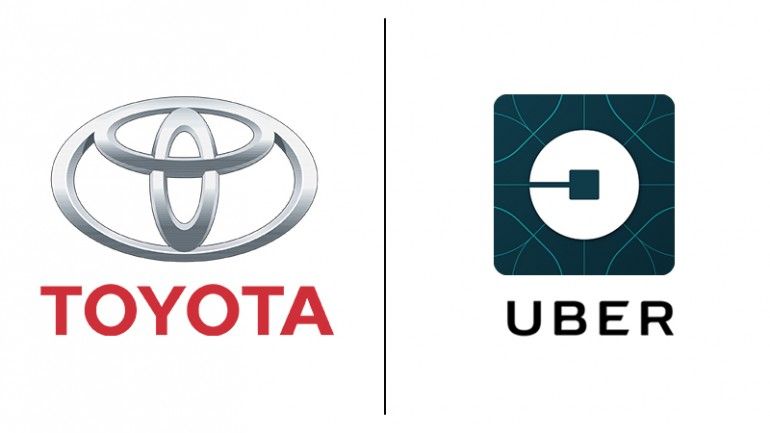The future of self driving cars
March 16, 2018 | Expert Insights

Car manufacturing giant Toyota and Uber are reportedly in discussions to negotiate a future deal regarding self-driving technology. Uber is seeking to sell its self-driving technology to other companies including Toyota.
Background
Automation - Automation and better technology have been labelled as the main culprits for future unemployment. This is because robots and automation will be able to do the jobs that were previously executed by human beings.
In 2017, research firm PwC conducted a study that revealed that countries across the world will begin losing jobs to automation. The study noted that in the next 15 years, 40 percent of jobs in the U.S. may be vulnerable to automation and robots. In the same time frame, 35% of jobs in Germany could be replaced by automation and 30% of jobs in the UK will become vulnerable. In Japan, 21% of jobs will become vulnerable to robots and automation.
Developing nations like India with a growing labour force will also face a massive challenge in the years ahead. According to research by human resources (HR) solutions firm PeopleStrong, by 2021 nearly a quarter of people in India will be losing their jobs to automation.
Self-driving cars
Experiments on self-driving autonomous cars have been conducted since the 1920s. However, it was only recently that it has been considered as a viable option in transportation. Since the 2010s, major car manufacturers like General Motors, Ford, Mercedes Benz, Volkswagen, Audi, Nissan, Toyota, BMW, and Volvo have been testing self-driving cars on the roads. In 2012, the Google driverless car project announced that its test fleet had already completed 480,000 km with no accidents.
In2016, companies with investments in the industry started the Self Driving Car Coalition. Members of this coalition include Alphabet Inc's Google unit, Ford Motor, and Uber. The coalition’s goal is to push for federal action from the government to get self-driving cars to the market.
Recently Google’s Waymo and Uber reached a settlement in a related trade secrets lawsuit.
Analysis
Companies across the world have made significant investments in self driving technology. Google’s Waymo is one of the pioneers in the field. General Motors has recently announced that it will be spending an additional $100 million on two facilities to specifically begin manufacturing versions of its Cruise self-driving car in 2019. Intel has also begun road testing self-driving cars.
In March 2018, Toyota Motor Corp. announced its plan to invest over $ 2.8 billion in research for self-driving vehicles. This is the latest in a series of deals involving automated vehicles announced in recent months.
A report in Asian Nikkei Review has revealed that Uber and Toyota are now in discussions for a possible deal in the future. If the agreement is finalized, then Uber will sell its self driving technology to the auto manufacturing giant. “We regularly exchange information about automated driving with Uber for some time now,” a spokeswoman from Toyota has noted. The spokesperson also stated that no decisions have been made beyond its existing partnership. The company was referring to Uber’s current tie-up with Toyota with regards to on ride-hailing and development of self-driving systems.
It should be noted that Toyota has been developing self driving technology of its own and has spent over $2.8 billion on Toyota Research Institute-Advanced Development (meant for R&D in this technology). At the time, James Kuffner, Chief Technology Officer at the Toyota Research Institute said, “This company’s mission is to accelerate software development in a more effective and disruptive way, by augmenting the Toyota Group’s capability through the hiring of world-class software engineers.”
Assessment
Our assessment is that technology companies as well as car manufacturers are betting big on self-driving cars. The technology and the industry are still at a nascent stage and it could be years before commercially viable self-driving cars hit the roads around the world. However, there are additional concerns regarding the loss of jobs when automation makes driving irrelevant. Uber itself has one of the largest workforces in the world. As of 2015, there were over 300,000 Uber drivers in the US alone. Driverless cars may render an entire workforce redundant and this would have a negative impact on labour-force heavy populations like India.








Comments